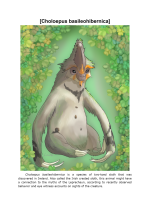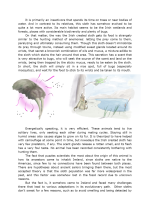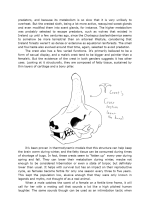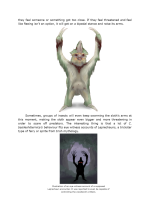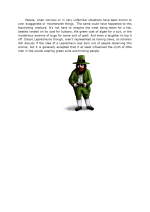Potoooooooo
Contributor
http://frontiersofzoology.blogspot.com/2011/03/leprechauns-pechs-picts-and-lost-races.html
I had to pick a good one for my first post here

I had to pick a good one for my first post here





Modern day Pict Shaman celebrating the summer solstice at Stonehenge

It means C doesn't want to henge their bets...And Stonehenge is definitely not a real henge. Apart from that, fine.
What ever could you mean ?
https://en.wikipedia.org/wiki/Henge said:Etymology
The word henge is a backformation from Stonehenge, the famous monument in Wiltshire.[4] Stonehenge is not a true henge as its ditch runs outside its bank, although there is a small extant external bank as well. The term was first coined in 1932 by Thomas Kendrick, who later became the Keeper of British Antiquities at the British Museum.[5][6]
Modern day Pict Shaman celebrating the summer solstice at Stonehenge

Only he's probably not a real Pict. And he's probably not a real shaman. And Stonehenge is definitely not a real henge. Apart from that, fine.
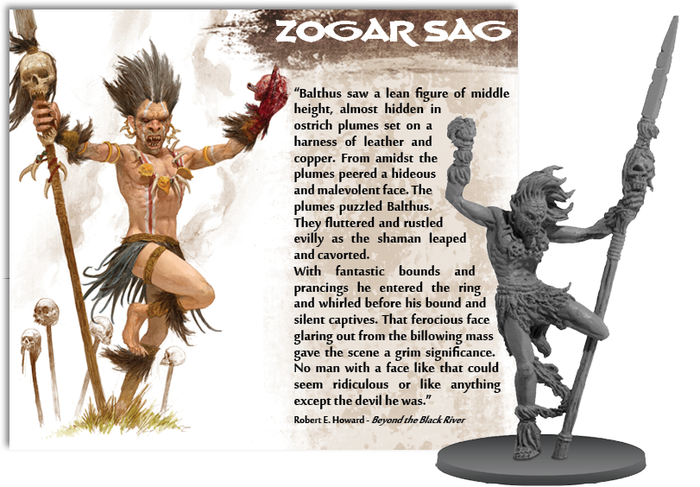
I mean that, although the term "henge" is derived from the name "Stonehenge", Stonehenge doesn't actually fit the criteria of a true henge.
https://en.wikipedia.org/wiki/Henge said:Etymology
The word henge is a backformation from Stonehenge, the famous monument in Wiltshire.[4] Stonehenge is not a true henge as its ditch runs outside its bank, although there is a small extant external bank as well. The term was first coined in 1932 by Thomas Kendrick, who later became the Keeper of British Antiquities at the British Museum.[5][6]
There's another definition, which was cited once on QI, by which all true henges are constructed from wood. Again, Stonehenge fails this test.
Now ask me why he's not really a Pict.
I mean that, although the term "henge" is derived from the name "Stonehenge", Stonehenge doesn't actually fit the criteria of a true henge.
There's another definition, which was cited once on QI, by which all true henges are constructed from wood. Again, Stonehenge fails this test.
Now ask me why he's not really a Pict.
QI's researchers often get things wrong in ways that have nothing to do with making with the funny.
There goes my major source of information.
https://www.irishpost.com/news/leprechaun-myth-exposed-165245
According to the Irish Post, many in Ireland believe that leprechauns aren’t just the stuff of Irish legend. In fact, one village recently petitioned for 236 of the fairies, the last of their kind, to be protected under the European Habitats Directive.
Ice-age was nice to Indo-Europeans. Made them move and influence a lot of countries and people.Ice ages are not kind to early people, and the British arrived with the end of the last one.
